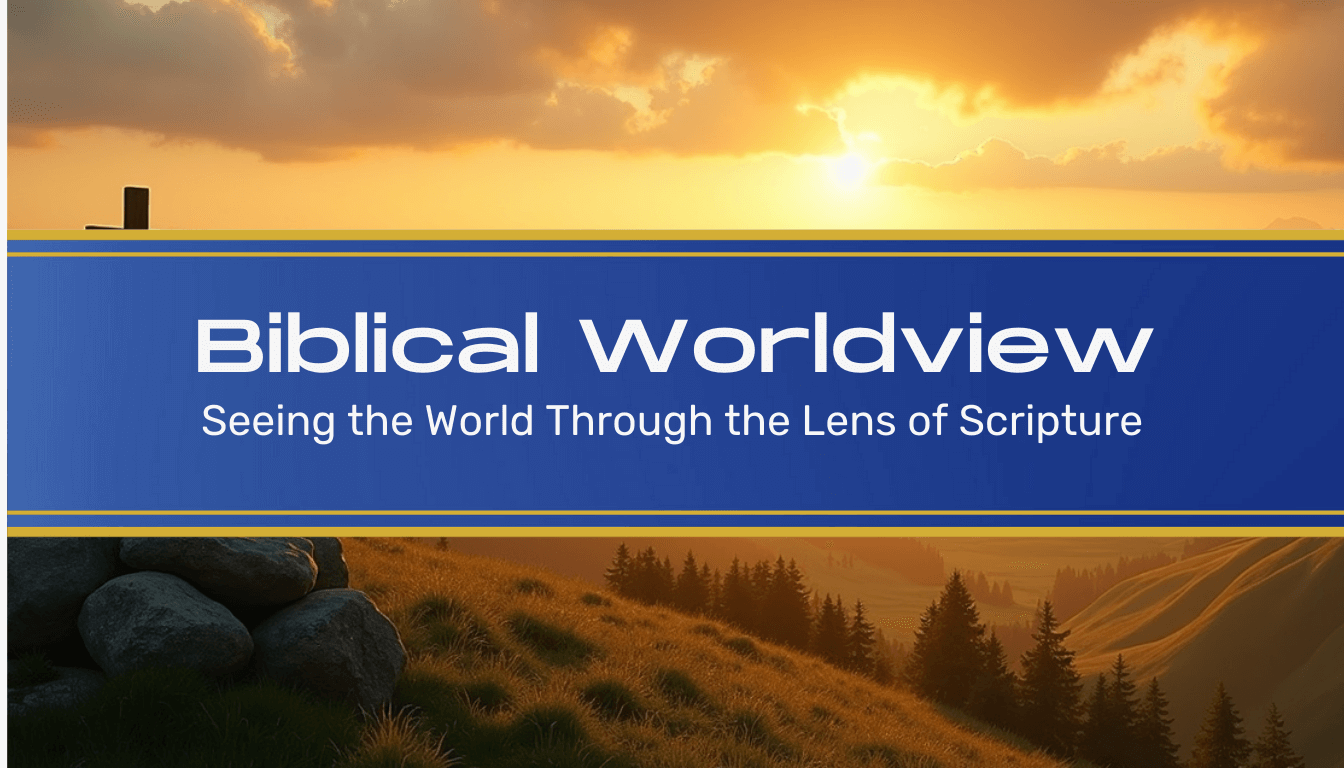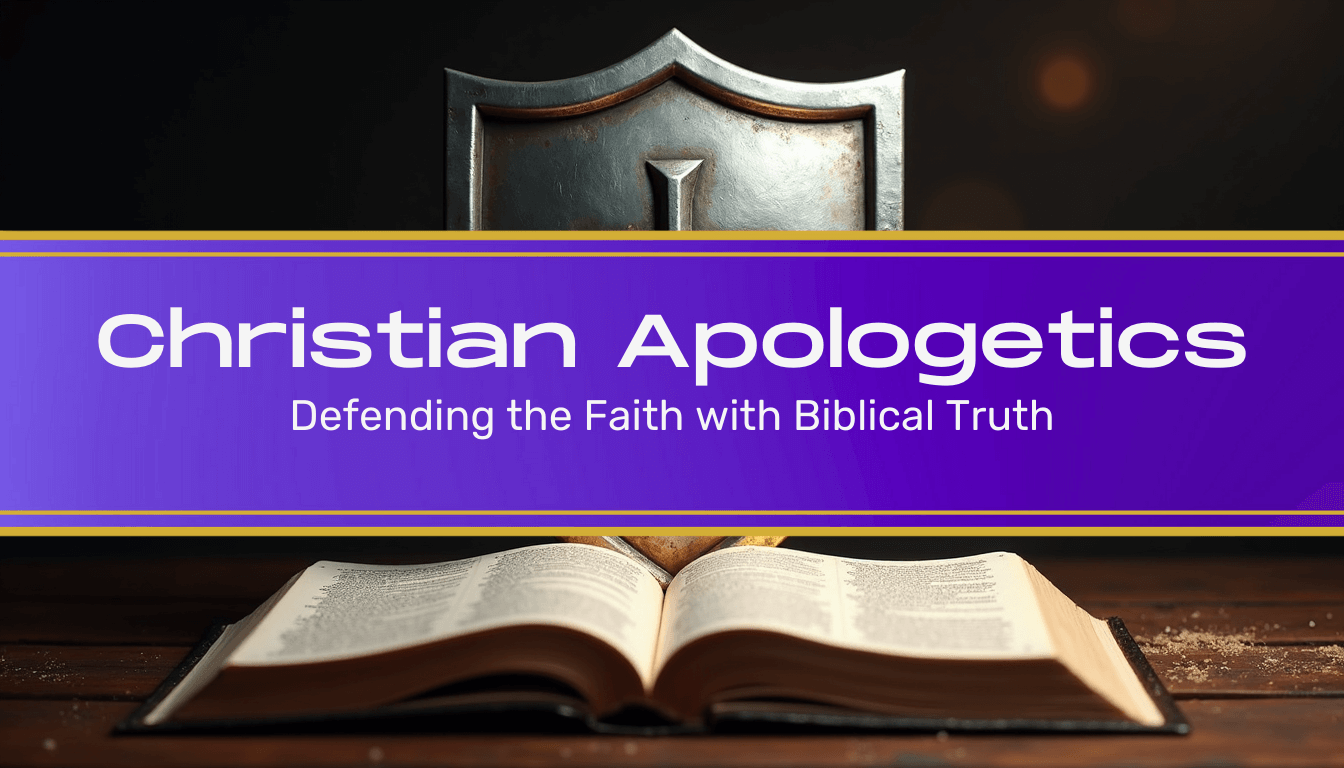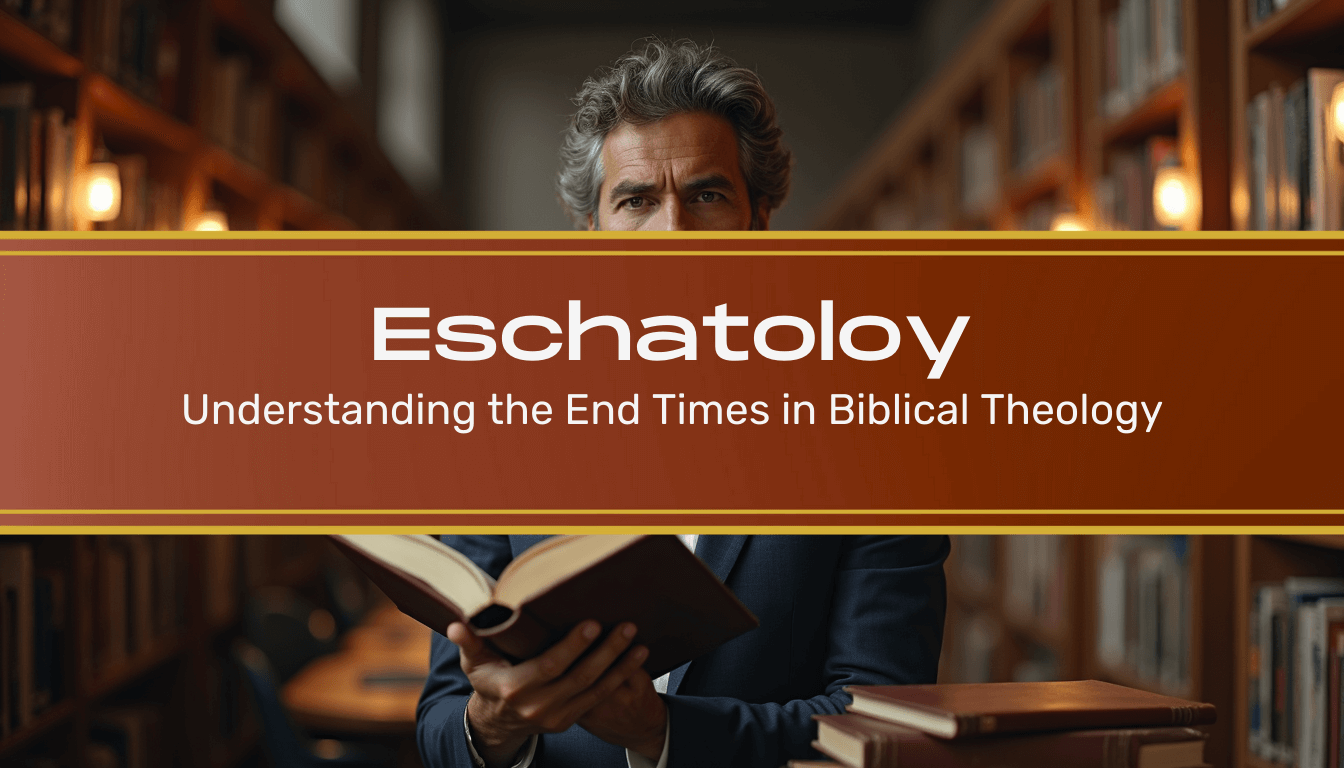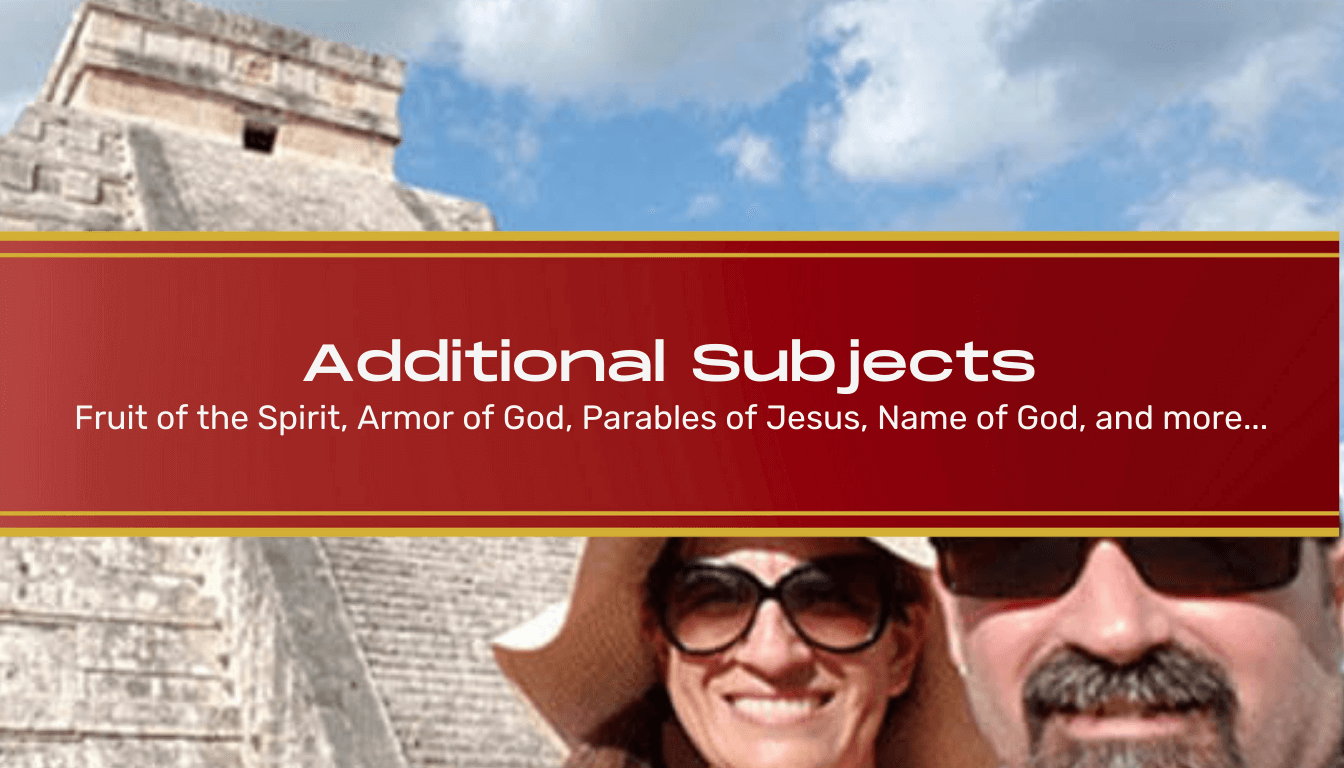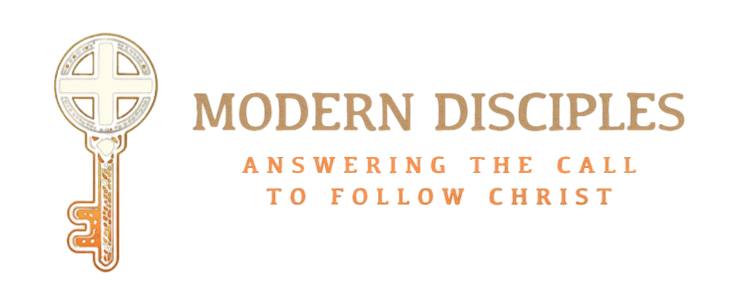
Eschatology
Understanding the End Times in Biblical Theology
Here's the honest truth about why most Christians avoid eschatology: they've been burned by bad teachers, overwhelmed by competing charts, and exhausted by arguments that generate more heat than light. You've probably heard someone predict the rapture date, watched them get it wrong, and decided the whole topic isn't worth the headache. Micro-promise: Eschatology isn't about decoding secret timetables—it's about understanding what God has clearly revealed and letting that hope change how you live today.
The problem isn't that the Bible is unclear about the end times. The problem is that too many Christians approach prophecy like a puzzle to solve instead of a revelation to believe. They get so focused on when Jesus is coming back that they forget He's already King right now.
Sharp Edge: If your end-times theology makes you more excited about escaping the world than you are about Christ's current reign over it, you've turned the Gospel into a rescue operation.
The Real Problem: Bad Hermeneutics and American Arrogance
The eschatology mess didn't happen by accident. It happened because American Christians developed two bad habits: ignoring the original audience and assuming every prophecy is about us.
When Jesus talks about the "abomination of desolation" in Matthew 24, He's talking to first-century Jews about events they would witness. When John writes Revelation, he's writing to seven literal churches facing real persecution under Roman rule. But American dispensationalists read these texts like they're personal letters addressed to 21st-century Americans, completely bypassing the people who actually received these messages.
This hermeneutical disaster gets worse when you add American exceptionalism. We've convinced ourselves that we're living in the "church age" and that Revelation 2-3 describes church history instead of what it actually describes: seven literal letters to seven literal churches. Tim LaHaye made millions selling this fiction, but it's not biblical—it's just bad interpretation dressed up as prophecy.
Here's the hermeneutical principle that fixes most eschatological confusion: Scripture was written FOR us, but it wasn't written TO us. Before you ask what a passage means for you, ask what it meant to the people who first received it. That's not spiritualizing the text—that's respecting it. This is applying the process known as Exegesis instead of Exegesis. Read more about that on our page titled the same.
One of the worst arguments I’ve heard for this was: “Why would God beat up his bride before he marries her?” - That shows your arrogance. 11 of the 12 Apostles died as martyrs and millions of Christians today are being martyred in India, China, and other countries. Let’s not be so consumed that we forget the bigger picture. We gain massive insights from the Bible, but it wasn’t written To you but instead is written For you.
Sharp Edge: Let’s not turn Scripture into a magic eight-ball instead of the Word of God. Respect the authors, discover who the original audience was and start your investigation here. Afterwards, then you can ask what a passage means to you (which almost doesn’t even matter). We should really be asking, what did this passage mean to them?
What Actually Matters vs. What's Speculation
Here's what the Bible makes crystal clear about the end times: Jesus is coming back, there will be a final judgment, the dead will be raised, and God will make all things new. Everything else falls somewhere on the spectrum from "probably true" to "pure speculation."
The problem is that most Christians spend 90% of their eschatological energy on the speculative stuff—rapture timing, tribulation charts, and prophetic timetables—while ignoring the clear, life-changing truths that should actually shape how they live.
What's Clear (and Life-Changing):
Christ's return is certain but the timing is unknown (Matthew 24:36)
There will be a bodily resurrection of both the righteous and the wicked (John 5:28-29)
Final judgment will separate the sheep from the goats (Matthew 25:31-46)
God will create a new heaven and new earth (Revelation 21:1)
Christ is King right now, not just in the future (Matthew 28:18)
What's Speculation (and Often Divisive):
Pre-trib vs. post-trib rapture timing
Literal vs. symbolic interpretation of the thousand years
Detailed tribulation timetables and charts
Whether the church replaces Israel or they have separate programs
Notice the difference? The clear truths drive you toward holiness, mission, and hope. The speculative stuff drives you toward arguments, anxiety, and escapism.
Sharp Edge: If you can recite the seven dispensations but can't explain why Christ's current kingship should change how you treat your neighbor, you've majored in minors and minored in majors. - Boom! Mic drop, right?
How to Read Prophecy: Hermeneutical Principles That Actually Work
Most Christians approach biblical prophecy with the interpretive skills of a fortune cookie reader. They grab verses out of context, ignore the original audience, and treat apocalyptic literature like a newspaper written in code. Here's how to read prophecy like you actually believe it's God's Word.
First: Know Your Genre
Revelation isn't a literal roadmap—it's apocalyptic literature that uses symbolic language to communicate spiritual truth. When John sees a seven-headed beast, he's not describing a literal monster; he's revealing spiritual realities through vivid imagery. But when Jesus promises to return, that's a concrete historical claim. Learn the difference.
Second: Original Audience First
Before asking "What does this mean for me?" ask "What did this mean to them?" When Jesus warns about tribulation in Matthew 24, He's talking to disciples who will face the destruction of Jerusalem in AD 70. That doesn't make it irrelevant to us, but it does make it historically grounded instead of purely futuristic.
Third: Let Scripture Interpret Scripture
Don't build entire theological systems on unclear passages. Use clear texts to interpret difficult ones. The millennium in Revelation 20 is debated, but Christ's current reign in Matthew 28:18 is crystal clear. Start with what's obvious.
Fourth: Focus on the Main Point
Prophetic passages aren't given to satisfy curiosity—they're given to produce faithfulness. Whether you're reading Daniel or Revelation, ask: "How should this change how I live today?" If your eschatology doesn't drive you toward holiness and mission, you're missing the point.
Sharp Edge:If your prophetic interpretation requires more charts than a NASA mission briefing, you've probably turned Bible study into a conspiracy theory.
We don't sidestep hard topics here. We face them head-on. So start by exploring our category pages - they're practical built to help you think more biblically. You should find them very informative and useful. If you agree, then feel free to drill down into the articles within each category. Take your time. If you do, you'll learn a lot and be better equipped to live more like Christ.
Amillennialism: Understanding the Symbolic View of the End Times
Amillennialism interprets the millennium symbolically, seeing it as the current age of the church. Learn how this view understands Christ's reign, the binding of Satan, and the nature of God's kingdom in the present age.
Premillennialism: Christ's Return and the Thousand-Year Reign
Premillennialism teaches that Christ will return before establishing His thousand-year kingdom on earth. Explore the biblical foundations, the role of Israel, and the sequence of end-times events in this literal interpretation.
Postmillennialism: The Church's Role in Advancing God's Kingdom
Postmillennialism envisions a golden age of Christian influence before Christ's return. Discover how this optimistic view sees the church's mission, the spread of the Gospel, and the gradual transformation of society.
Dispensationalism: God's Distinct Plans for Israel and the Church
Dispensationalism emphasizes God's separate programs for Israel and the church, including the rapture and tribulation. Learn about the seven dispensations, the role of prophecy, and the literal interpretation of Scripture.
How Eschatology Should Change Your Life Today
Here's the test of whether your end-times theology is biblical: Does it make you more faithful today or just more anxious about tomorrow? Good eschatology drives you toward holiness, mission, and hope. Bad eschatology drives you toward speculation, escapism, and arguments.
If you believe Christ is coming back, live like it matters. That means taking the Great Commission seriously instead of waiting for a rapture exit strategy. It means building for eternity—investing in people, discipleship, and kingdom work that outlasts your political moment. It means caring more about character than charts.
If you believe in final judgment, let it shape your priorities. Stop wasting time on social media arguments about tribulation timing and start having conversations that matter. Love your neighbor. Share the Gospel. Pursue justice. Live like someone who will give an account for how you spent your days.
If you believe God is making all things new, act like a citizen of that coming kingdom now. Don't just critique the world—create better alternatives. Start businesses guided by biblical principles. Raise children who know Christ is King. Engage culture strategically instead of retreating into Christian bubbles.
This Week: Pick one concrete action that reflects your eschatological hope. Share the Gospel with someone. Serve your church. Invest in a relationship. Stop arguing about rapture timing and start living like Christ is Lord right now.
Sharp Edge: The best eschatology is the one that makes you more like Jesus today, not the one that makes you feel smarter about tomorrow.
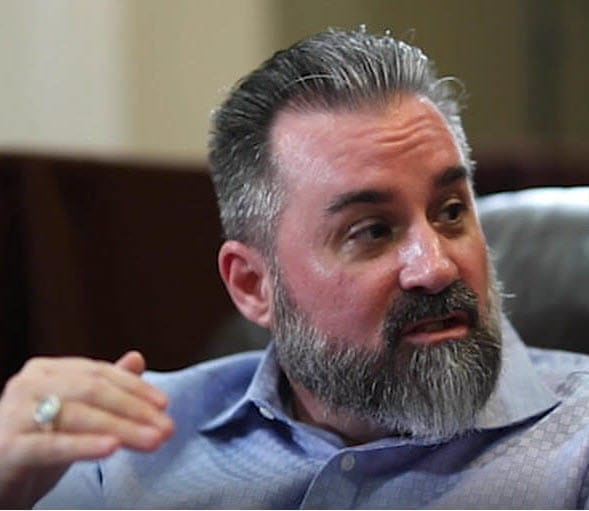
Chris Daniel, just a servant of Christ calling others to be ready. Like the Bereans, I try to examine Scripture daily to see if what I hear is true. If you're struggling to live as we're called, you're still in the fight. Don't give up.
Category 2 - Christian Apologetics

Category 3 - Bible Study

Category 4 - Theology


"Most middle-class Americans tend to worship their work, work at their play, and play at their worship. As a result, their meanings and values are distorted. Their relationships disintegrate faster than they can keep them in repair. Their lifestyles resembles a cast of characters in search of a plot." - Gordon Dahl
"The Bible is a reliable collection of historical documents written down by eyewitnesses during the lifetime of other eyewitnesses that report supernatural events that took place in fulfillment of specific prophecies and claimed their writings were divine rather than human in origin."
- Dr. Voddie Baucham on 2 Peter 1
